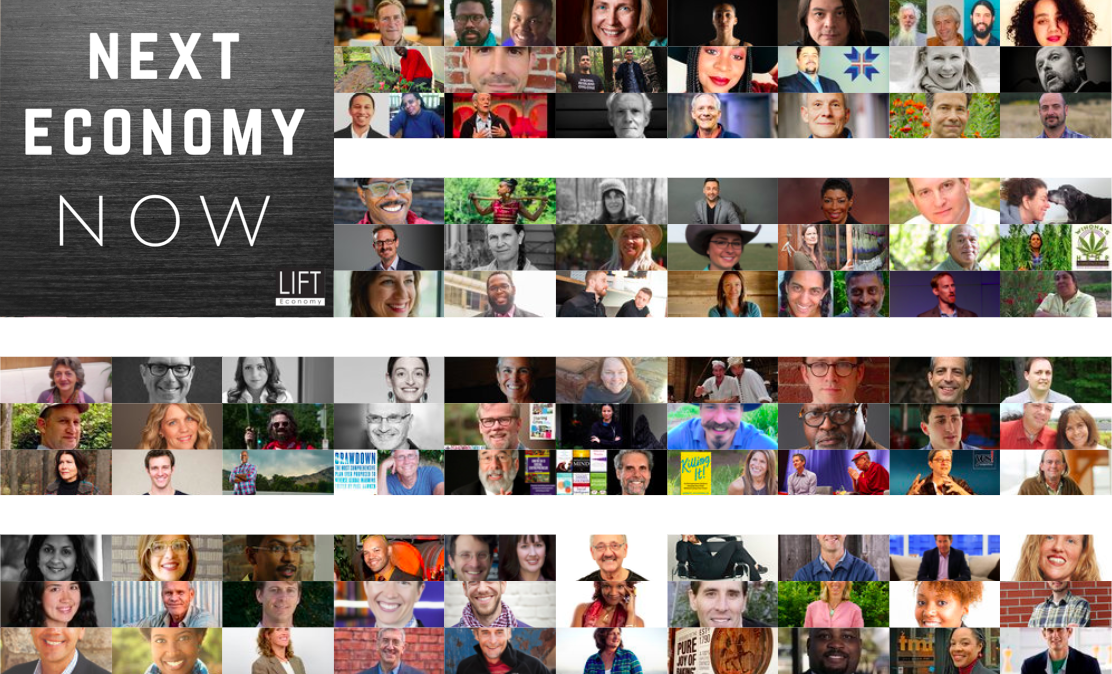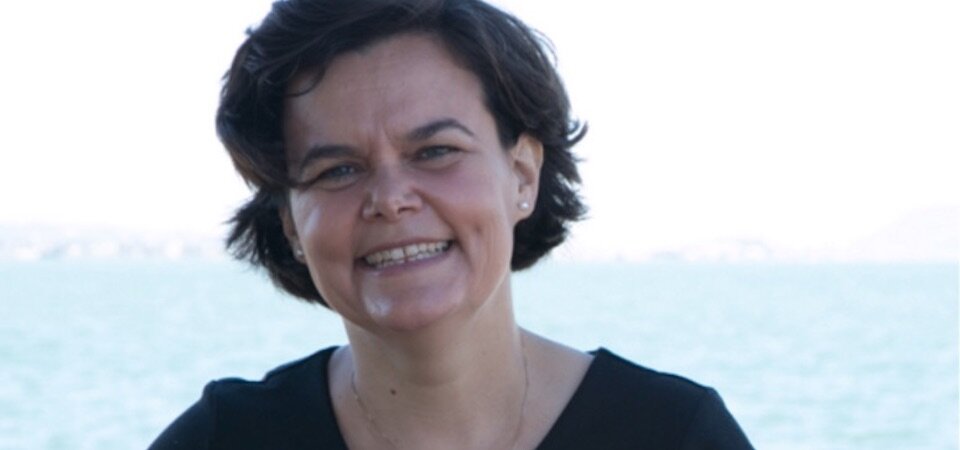Next Economy Now highlights the leaders who are taking a regenerative, bio-regional, equitable, transparent, and whole-systems approach to using business as a force for good.
SUBSCRIBE & RATE us on iTunes, Spotify, Pandora, YouTube, or anywhere you find podcasts!
Bren Smith, GreenWave Executive Director and owner of Thimble Island Ocean Farm, pioneered the development of restorative 3D ocean farming. A lifelong commercial fisherman, Smith has been called a “visionary” by Barton Seaver, Director of Harvard’s Healthy and Sustainable Food Program. Bren’s farming model is designed to restore ocean ecosystems, mitigate climate change, and create blue-green jobs for fishermen — while ensuring healthy, local food for communities. In 2015 he was awarded the Buckminster Fuller Prize for ecological design. In 2017, he was awarded the European Sustainia Award. In 2013, Smith was chosen as one of six “Ocean Heroes” by Oceana and Future of Fish’s “Ocean Entrepreneur” of the year. He is an Ashoka Fellow and Echoing Green Climate Fellow.
With 1 out of 3 breaths we take coming from ocean-based phytoplankton, Bren’s model of restorative ocean farming for growing affordable food and fueling job creation for farmers was recently named a “coming attraction” in Paul Hawken’s recent book, Drawdown, the most comprehensive plan ever proposed to reverse global warming.
In my interview with Bren, we discuss:
Why Seaweed is the most affordable food to grow, and thus the most affordable food to eat
What Bren calls “the Nail Salon model of the sea” - How anyone with access to $20K and a boat can grow a seaweed farm, and Bren’s vision of 10,000 new ocean farmers
How Google’s appetite for seaweed is growing, with help from Greenwave.org and the for-profit arm SeaGreens LLC
Why “open-source sustainable seaweed models” are so important and a recent study about how the 3-D ocean farming model has the potential to create a plethora of new jobs
A polyculture approach within our sea systems and social systems - how collaboration between businesses, policy-makers, and ecologists is essential for regenerating oceans
how in CA alone Bren has a list of over 100 farmers waiting to be trained by Greenwave in his model of restorative ocean farming
How listeners will soon be able to dig their teeth into Bren’s seaweed at places like Brooks Headley’s Superiority Burger in Manhattan, NYC
His upcoming trip to sail from NYC to Washington DC for the People’s Climate March (please consider donating to Greenwave’s gofundme campaign in the Resources section below!)
Resources:
In addition to listening on B the Change Media, you can listen/subscribe to Next Economy Now on iTunes, Overcast, Stitcher, or your favorite podcasting platform.
Erin Axelrod is a Partner at LIFT Economy, helping to accelerate the spread of climate-beneficial businesses, specializing in businesses that address critical soil and water regeneration. She is an avid ecologist, grassroots organizer and regularly forages for wild food in her home in rural Sonoma County. LIFT Economy is an impact consulting firm whose mission is to create, model, and share a locally self-reliant economy that works for the benefit of all life. You can follow Erin on Twitter @erinaxelrod or email her erin@lifteconomy.com.









































